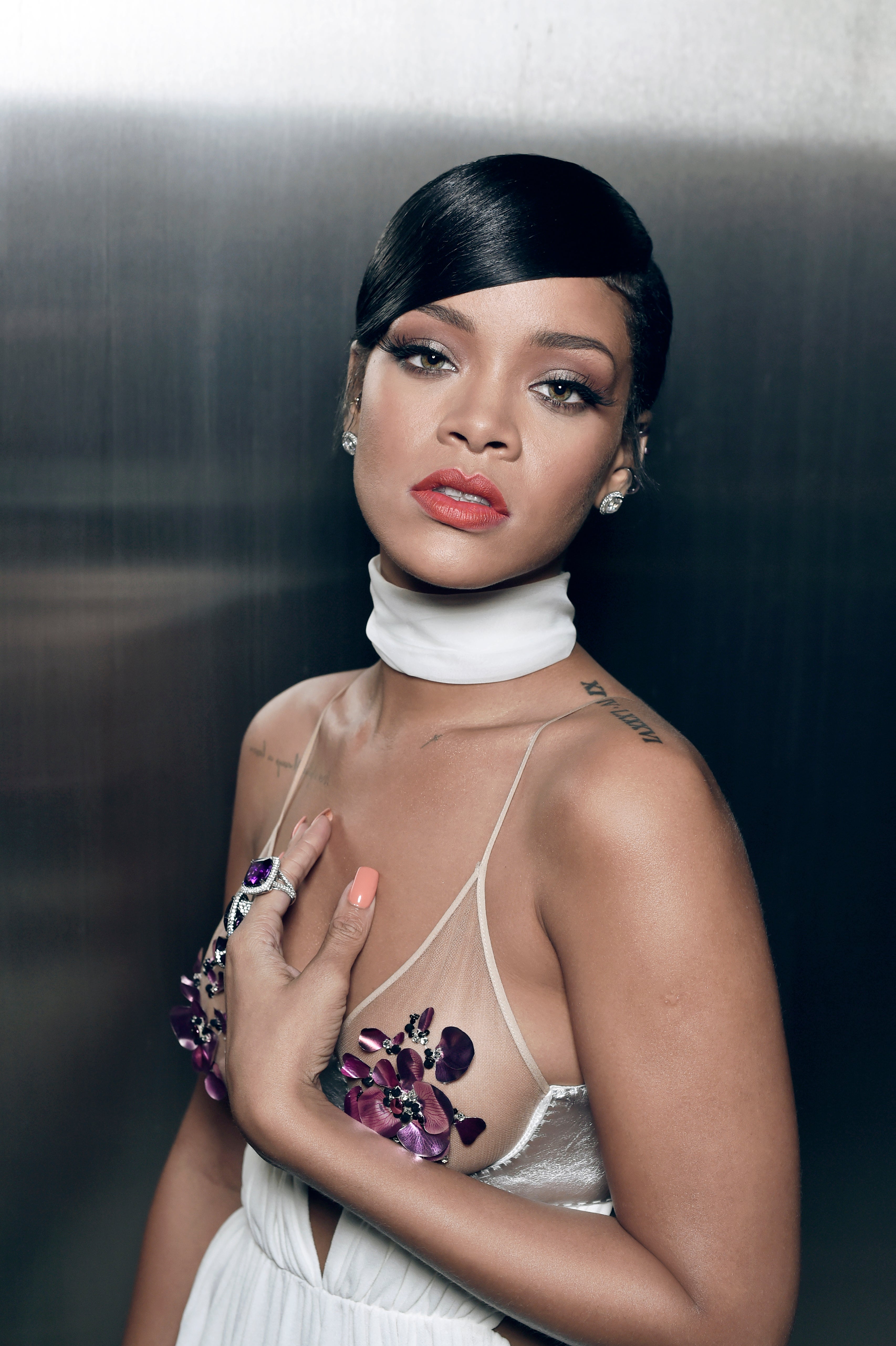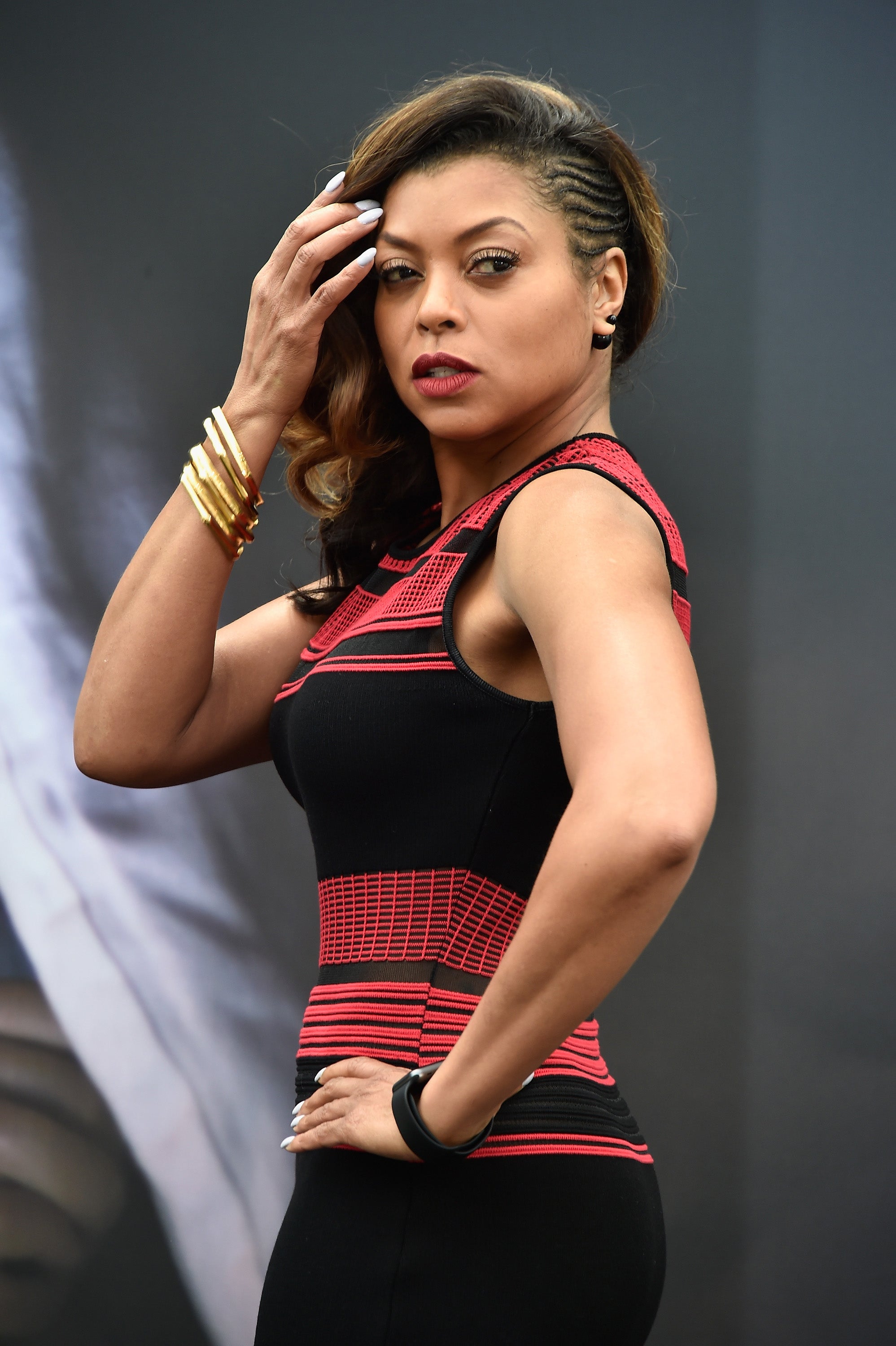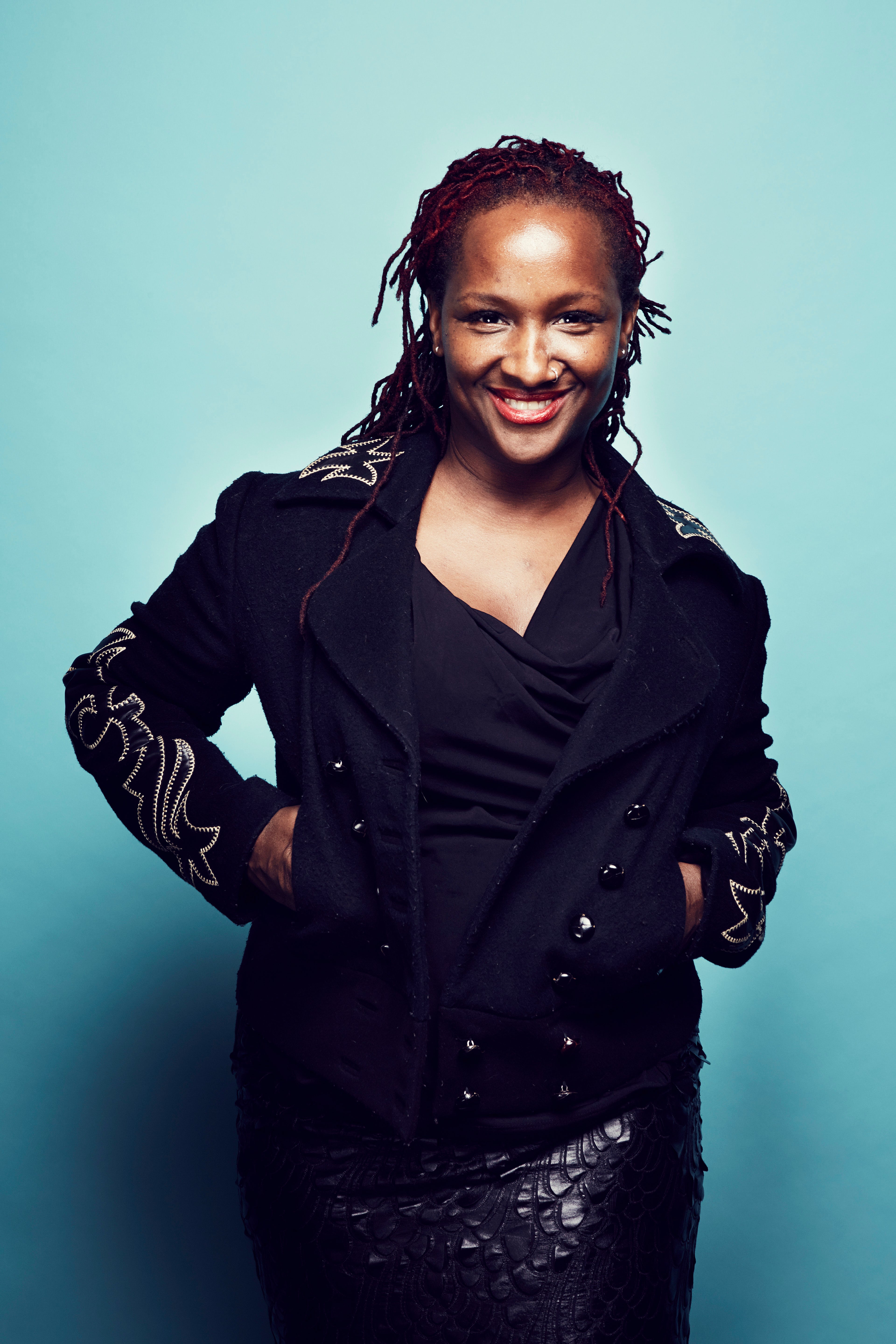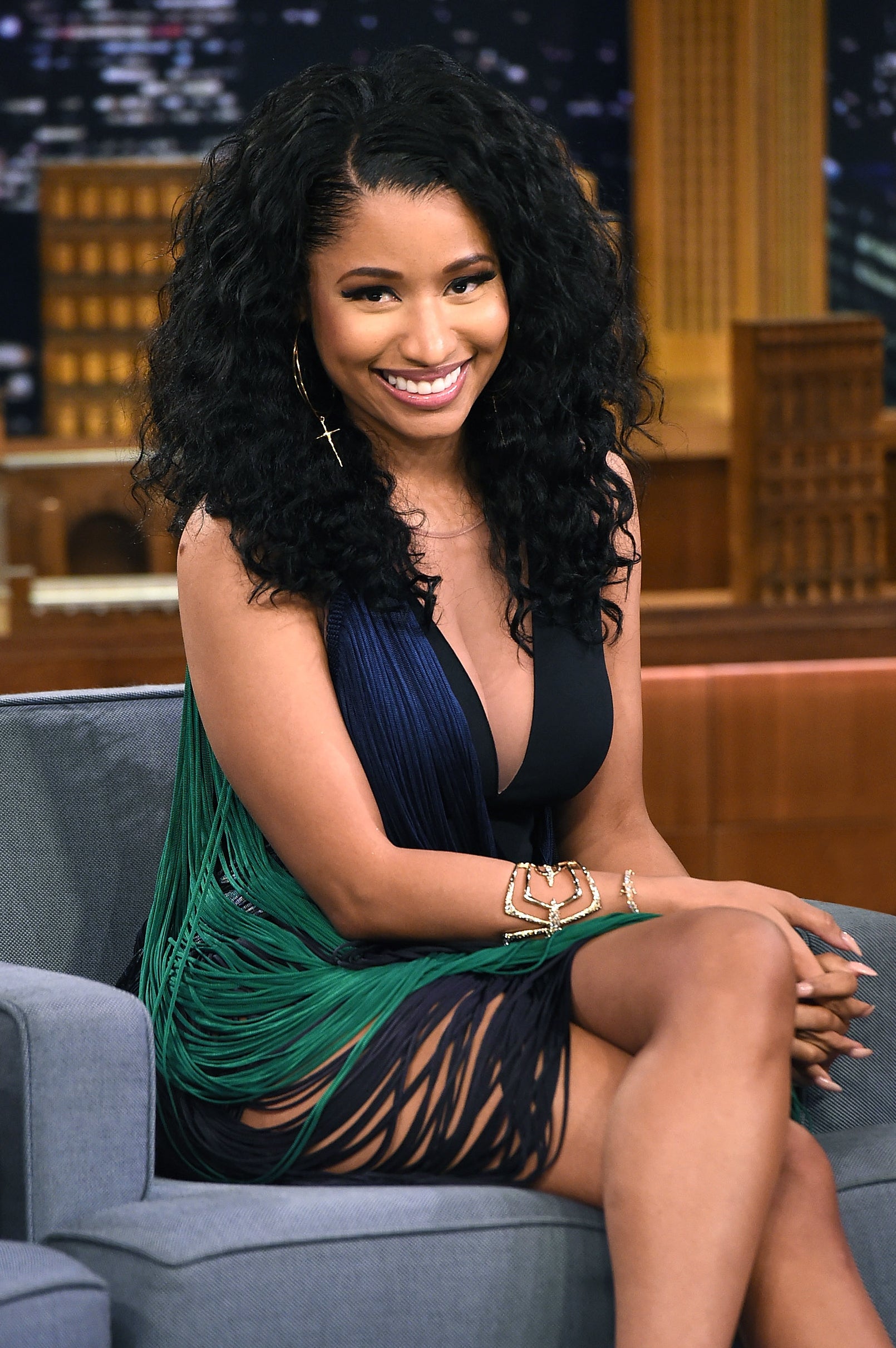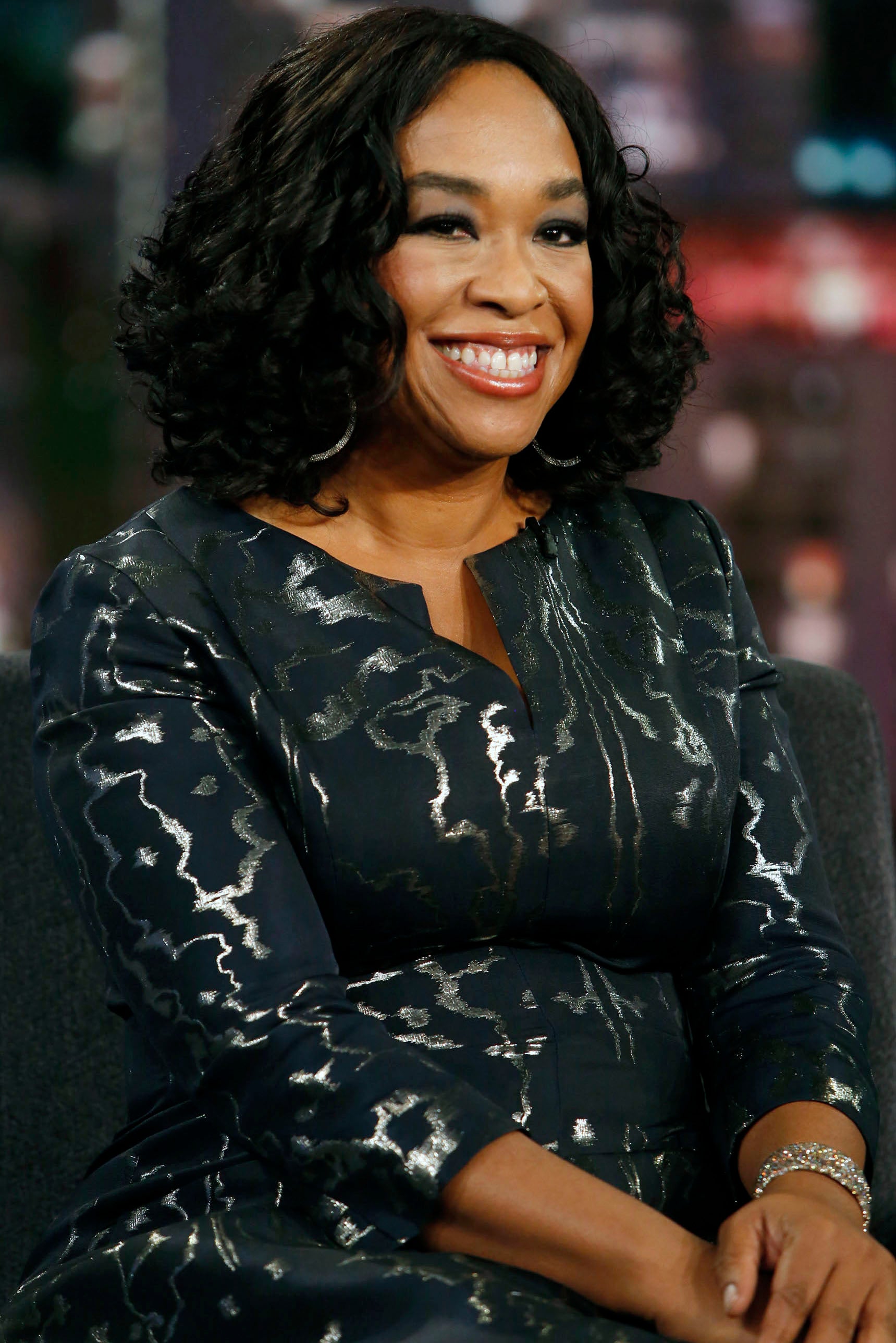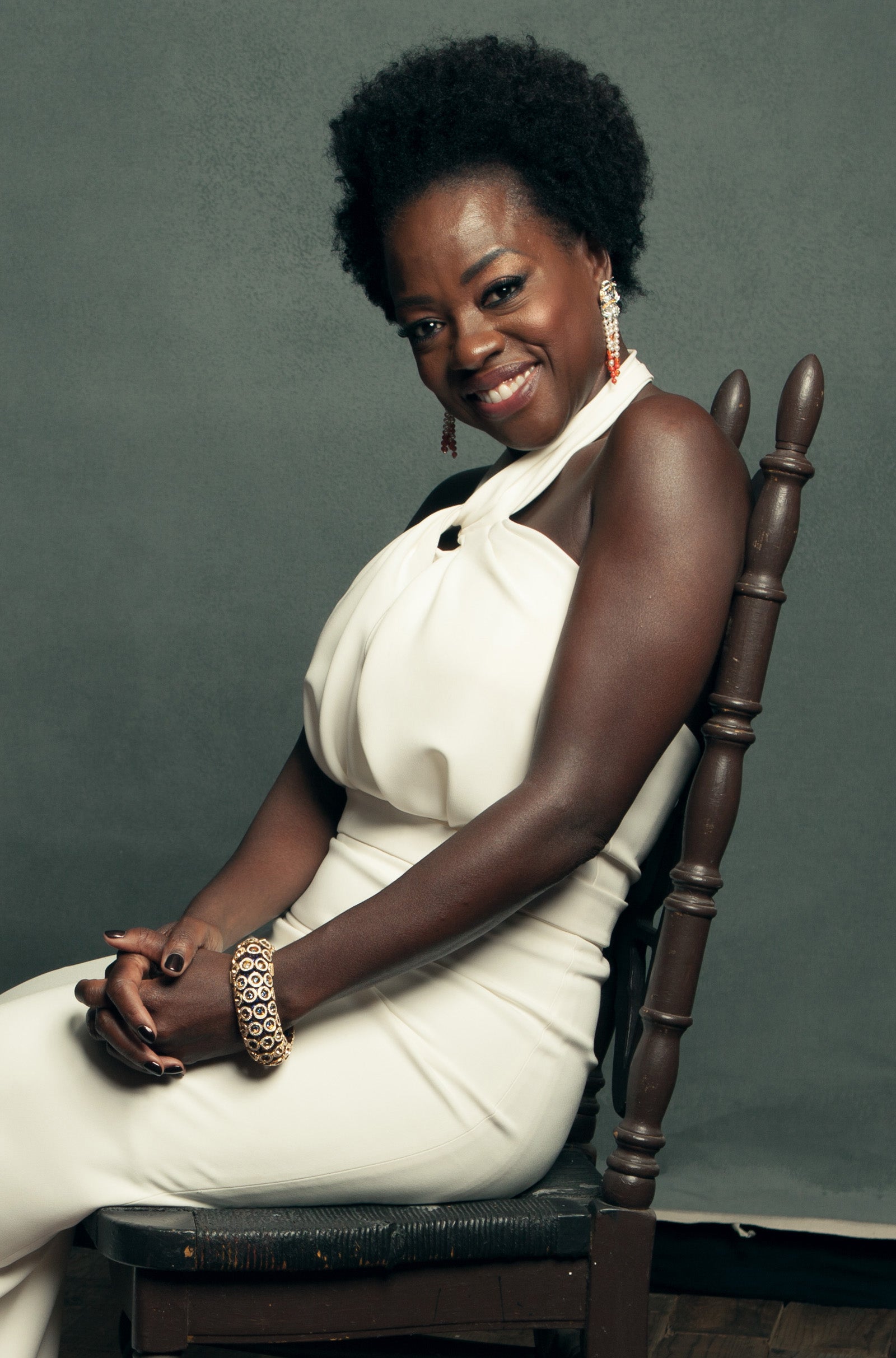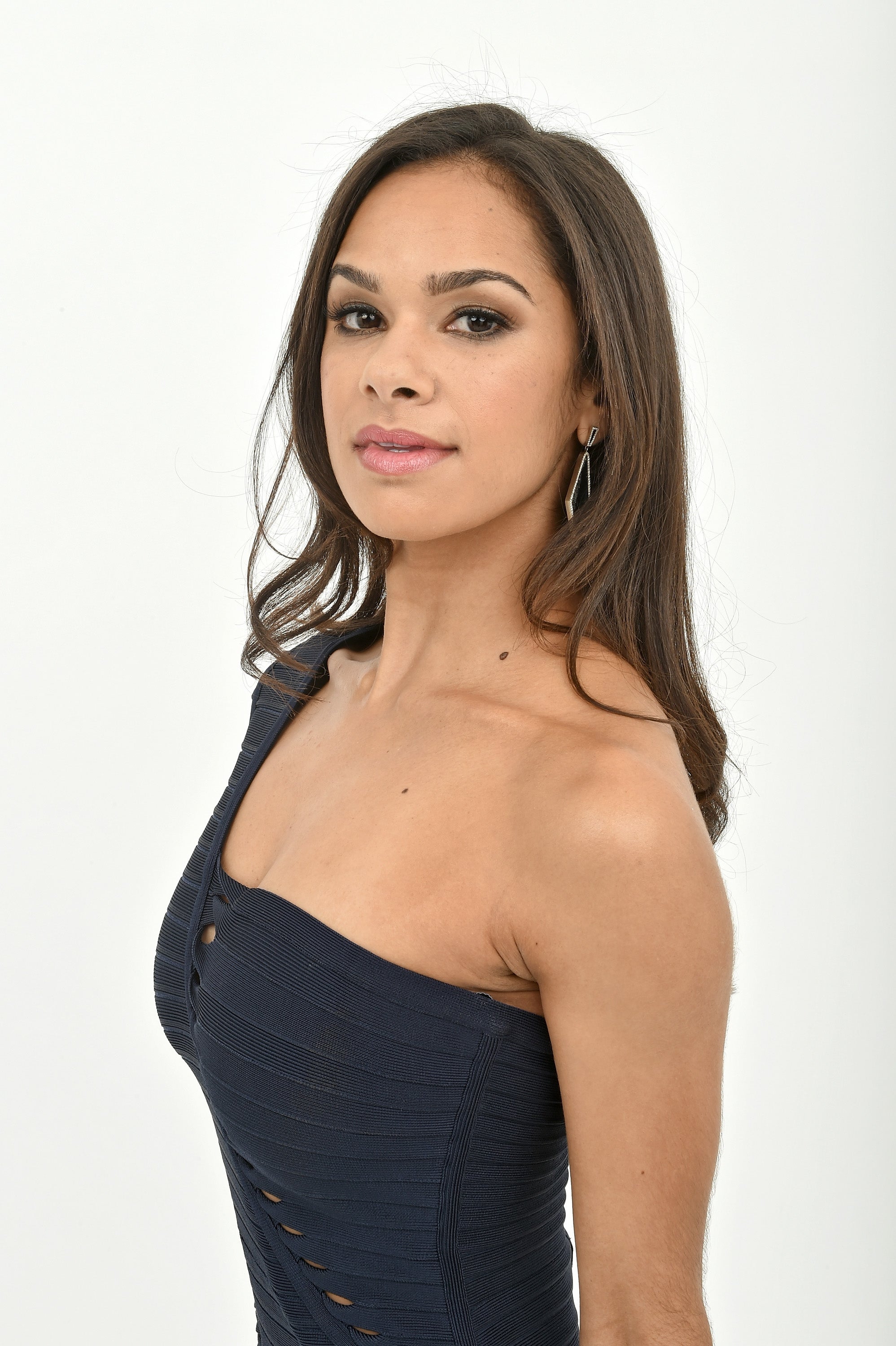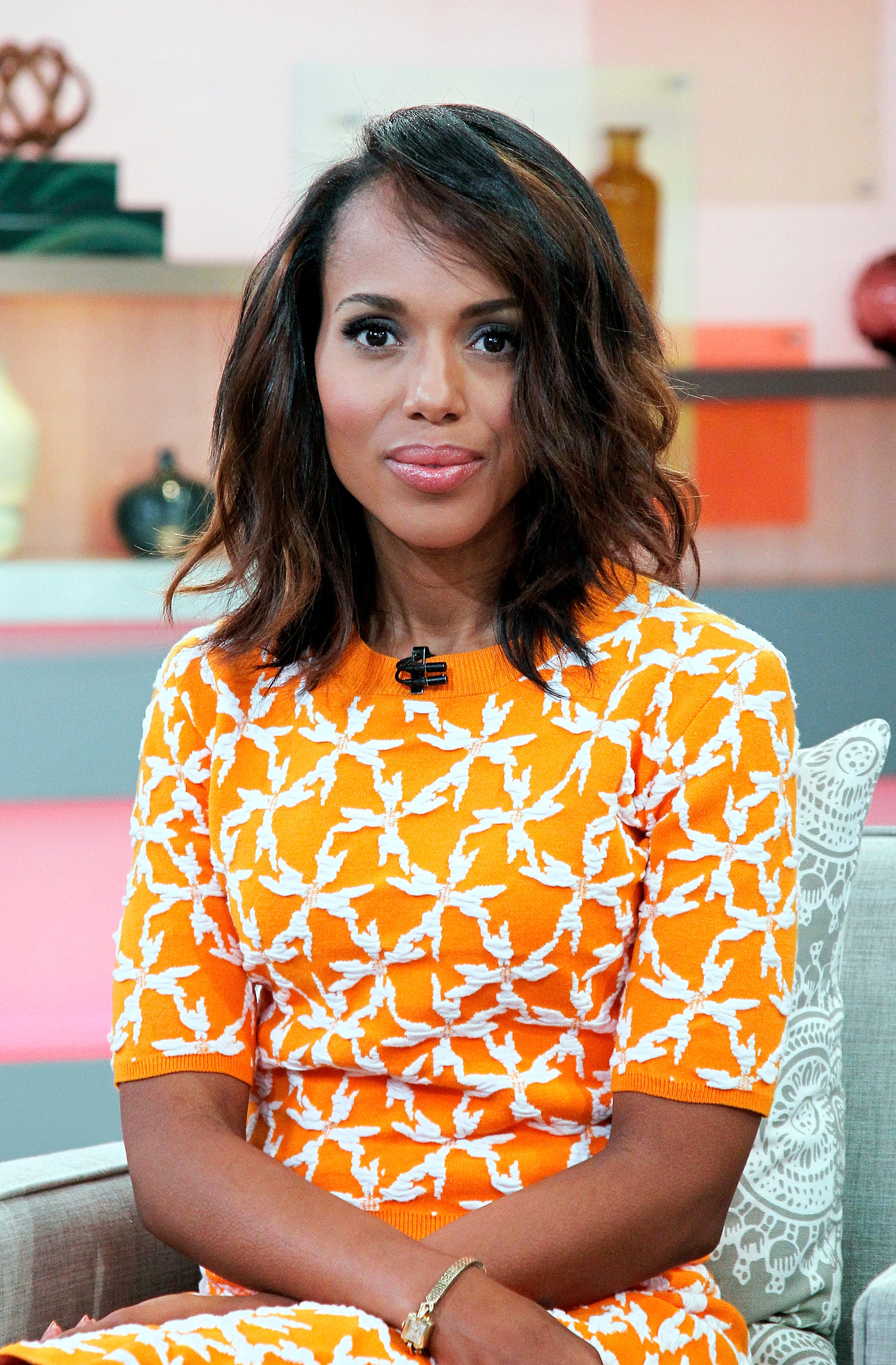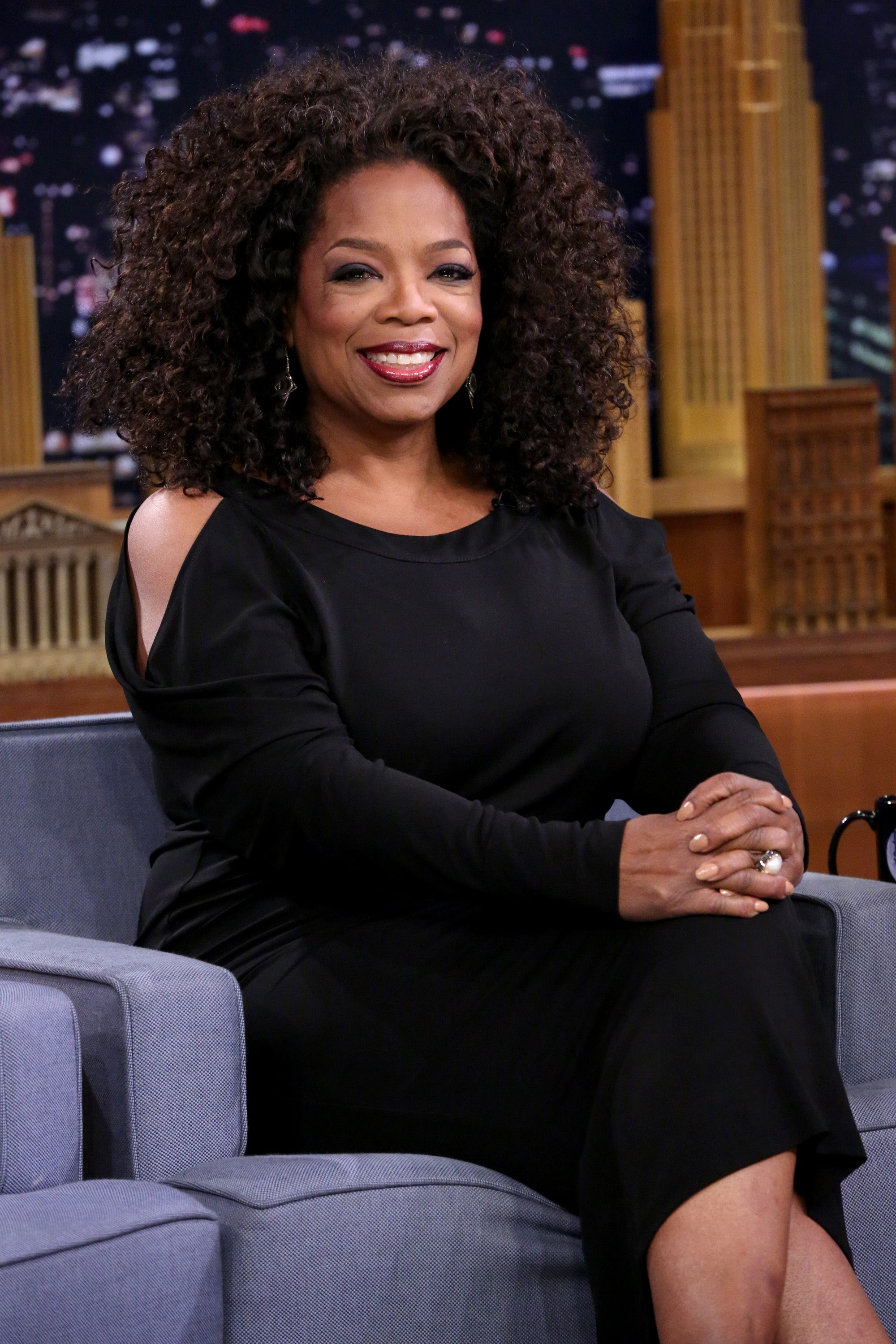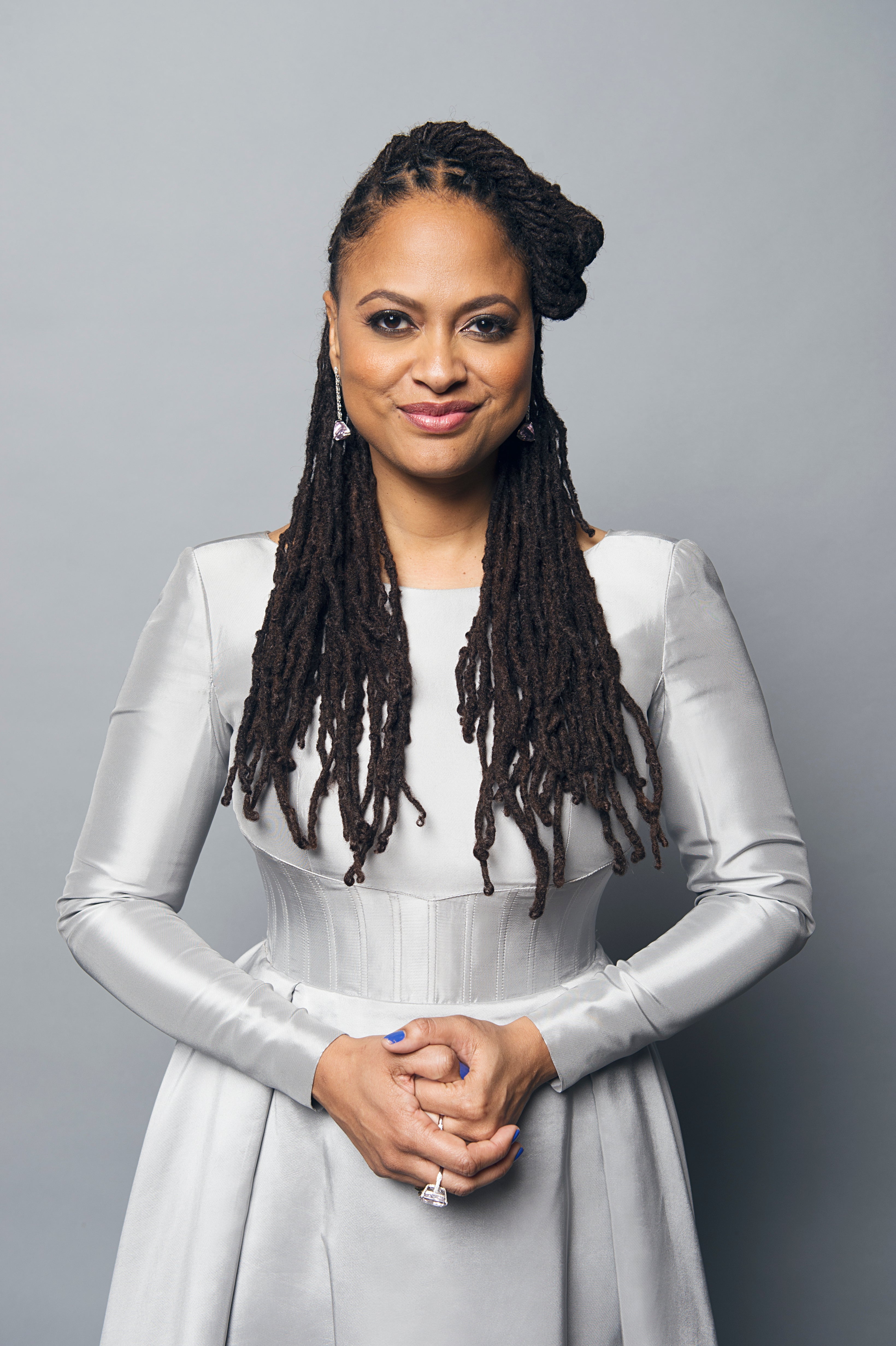In a recent interview with T Magazine, Rihanna revealed her encounters with racism in the boardroom.
“Everyone’s cool with a young Black woman singing, dancing, partying and looking hot, but that when it comes time to negotiate, to broker a deal, she is suddenly made aware of her Blackness,” she said. “And, you know, that never ends, by the way. It’s still a thing. And it’s the thing that makes me want to prove people wrong. It almost excites me; I know what they’re expecting and I can’t wait to show them that I’m here to exceed those expectations.”
The success of Empire has brought some sobering moments for Taraji P. Henson. At a Paris screening of the hit show, she recalled being brought onstage by Lee Daniels, and being overcome with emotion. “The audience stood up on their feet and clapped. I cried because, for so long in Hollywood, I’ve been told that Black women don’t do well overseas, that they can’t open a film overseas. That moment for me was the best moment of my life.”
During the season four premiere of Project Greenlight—an HBO reality show for aspiring filmmakers—Dear White People producer Effie Brown spoke about the importance of a diversified team behind-the-scenes. Brown was objecting to the only Black person in the script being a hooker who gets hit by her white pimp, when Matt Damon famously interrupted her.
Most recently, in an interview with Indie Wire, Brown was asked, “Why did you argue with Damon?” She responded, “I had no choice really. I’ve been Black and a woman all my life…was I going to risk public humiliation, bringing up this opinion, or deal with shame and excuses: ‘You let that go by?’ That’s a big responsibility.”
Nicki Minaj has always been one to defend herself publicly. In July, she addressed MTV for its failure to nominate “Anaconda” for Video of the Year. “If your video celebrates women with very slim bodies, you will be nominated for vid of the year,” she tweeted. “Black women influence pop culture so much but are rarely rewarded for it,” she said on her Twitter.
In an interview with The New York Times magazine, Minaj addressed Miley Cyrus, who had publicly criticized her: “The fact that you [Miley Cyrus] feel upset about me speaking on something that affects Black women makes me feel like you have some big balls,” she said. “You’re in videos with Black men, and you’re bringing out Black women on your stages, but you don’t want to know how Black women feel about something that’s so important? Come on, you can’t want the good without the bad. If you want to enjoy our culture and our lifestyle, bond with us, dance with us, have fun with us, twerk with us, rap with us, then you should also want to know what affects us, what is bothering us, what we feel is unfair to us. You shouldn’t not want to know that.”
When a reporter from The New York Times labeled Shonda Rhimes as an “angry Black woman” who showcases “a powerful, intimidating Black woman” on television, Rhimes didn’t advocate for the article to be removed.
“In this world in which we all feel we’re so full of gender equality and we’re a postracial [society] and Obama is president, it’s a very good reminder to see the casual racial bias and odd misogyny from a woman written in a paper that we all think of as being so liberal,” she said.
Viola Davis’ acceptance speech at the Emmys expressed the plight of Black women in the industry perfectly.
“You cannot win an Emmy for roles that are simply not there,” she said. “So here’s to all the writers… people who have redefined what it means to be beautiful, to be sexy, to be a leading woman, to be Black. And to the Taraji P. Hensons, the Kerry Washingtons, the Halle Berrys, the Nicole Beharies, the Meagan Goods, to Gabrielle Union: Thank you for taking us over that line.”
American Ballet Theater’s principal ballerina Misty Copeland faced her fair share of difficulties in the dance world.
Now at the peak of her career, Copeland does not take her opportunities for granted. “I’m going to continue to be who I am and my experiences as a Black woman have made me who I am,” she told ESSENCE. “All of a sudden now that I’m in this position, I’m not going to say, ‘I’m just a dancer.’ It’s a huge deal because I’m a Black woman. That’s why it’s a big deal.”
Scandal‘s shotcaller Ms. Kerry Washington has her very own production company called Simpson Street. The actress signed a deal with ABC for a two-year deal back in April to develop broadcast, cable and digital projects exclusively for ABC Studios and ABC Signature.
“As a Black artist, every time I sit down with mainstream media I’m asked about issues of race, identity and culture,” said the Selma director. “No one asked what they ask my White male counterparts, which is: ‘Where do you like to put the camera?’ ‘How did you come up with that palette?’ ‘What was your conversation with your cinematographer?’ ‘How did you cast that person?’ I never get asked just film craft questions.”
